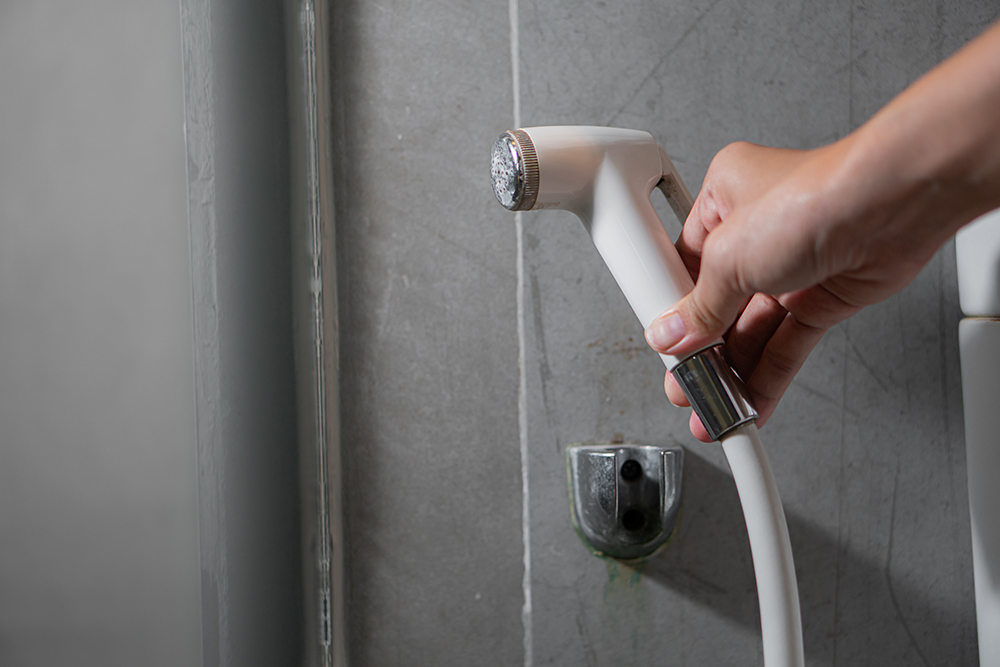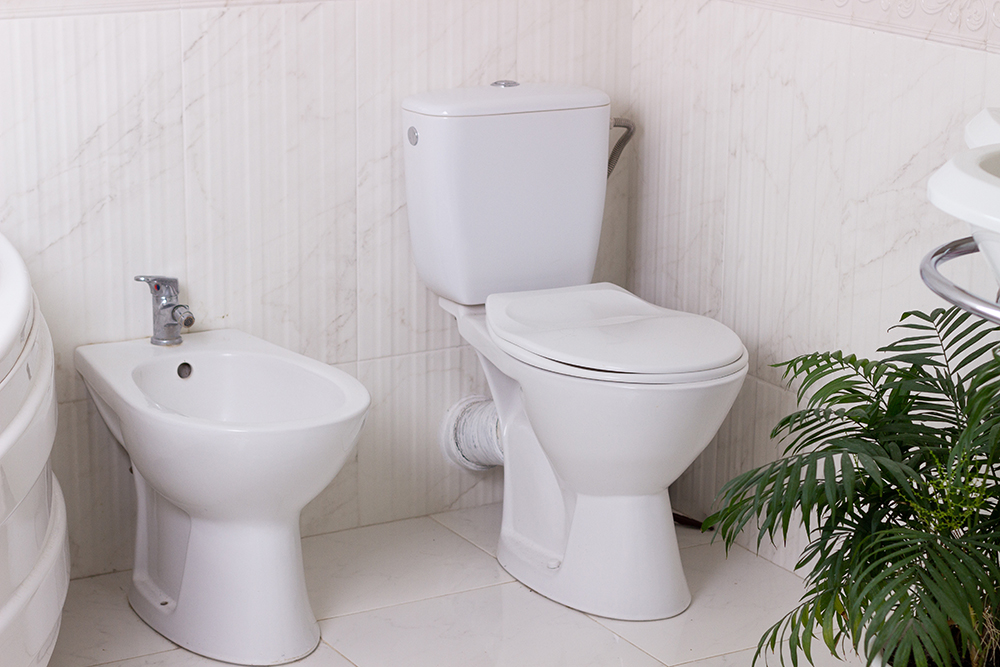Smart technology for the home Posted On 27 March 2019

In-home smart technology is becoming increasingly popular, and here we explain why
Technology and its development have, to an extent, defined the modern age in which we live. Almost everything we do is in some way determined by technology.
Over the past ten years, smart technology has been growing faster. It has settled down and flourished in peoples’ homes, with broadband internet connection having become more reliable, flexible and independent, and smart phones are now used to remotely control many in-home smart technology devices.
Science fiction itself has explored the idea of home automation for decades, but the notion that homes could be interactive and could seemingly run themselves hasn’t just inspired the likes of prolific writers such as Ray Bradbury – people everywhere are excited at the prospect of a more technologically independent home.
Although the idea of home automation has been around for some time, actual smart homes have only existed a short while. The ECHO IV was the first real in-home smart device. It could compute shopping lists, control the home’s temperature and turn appliances on and off. During the very late 1990’s and early 2000’s, smart homes and home automation in general began to increase in popularity and, as such, different technology began to emerge. Smart homes suddenly became more affordable, with domestic technologies, home networking, and other gadgets beginning to appear on store shelves.
But what exactly is smart technology? Well, the conveniently-named ‘smart’ label is an acronym for ‘self-monitoring analysis and reporting technology.’
Basically, it’s capable of adapting automatically and can modify its behaviour to fit its environment, possessing the ability to sense things with technology sensors.
Smart technology has recently begun to play a significant role in homes, especially with in-home security systems. It seems to be the perfect complement to the notion of security, since smart technology works remotely without you needing to be at the location, meaning that you can witness live CCTV footage, activate certain security devices, be alerted to a break-in, and even answer the door via your smart device whilst you’re away from your property.
As the twenty-first century has progressed, however, and we ourselves have become smarter, smart homes are now much more about both security and greener living. The smart technology that we’re bringing into our homes today is sustainable, and they help to ensure that our homes aren’t expending unnecessary energy.
There is a variety of smart in-home devices currently on the market; some of the most popular include remote mobile control, automated lights, automated thermostat adjustment, scheduling appliances, mobile/email/text notifications, and remote video surveillance.
Due to the exponential growth of in-home smart technology, what we can expect to see in the future will be truly staggering. Already researchers have discovered thin film solar technology and applied this to windows so that every window in your home or office can be a power generator. Future robots are increasingly being talked about so we could see them in our homes performing various tasks and domestic chores!
Connect with us
View by date
Recent Posts
Choosing the right bidet for you
There are many different kinds of non-traditional bidets, and each one has special features and functions to meet individual needs and tastes Bidet Toilet Seats Attachments known as bidet toilet seats take the place of the standard toilet seat...
Read more...Adding value to your home with a bidet
Homeowners should consider investing in bidets since they can greatly boost the value of your home Luxury and Comfort In contemporary houses, bidets provide a degree of elegance and cosiness that is often desired. Bidet fixture installation sh...
Read more...Rent rises have almost doubled in a year
According to the most recent official government rent index, the average private rent in the UK rose by 9.2% during the course of the year ending in March 2024 Over the same time frame, average monthly rent in England rose to £1,285 (9.1...
Read more...House prices rise to make new record
The average asking price for a house has increased to £372,324, a 1.1% rise since March The average price is now only £570 shy of its all-time high, which was set in May 2023, which is consistent with the kind of increase we often ...
Read more...




